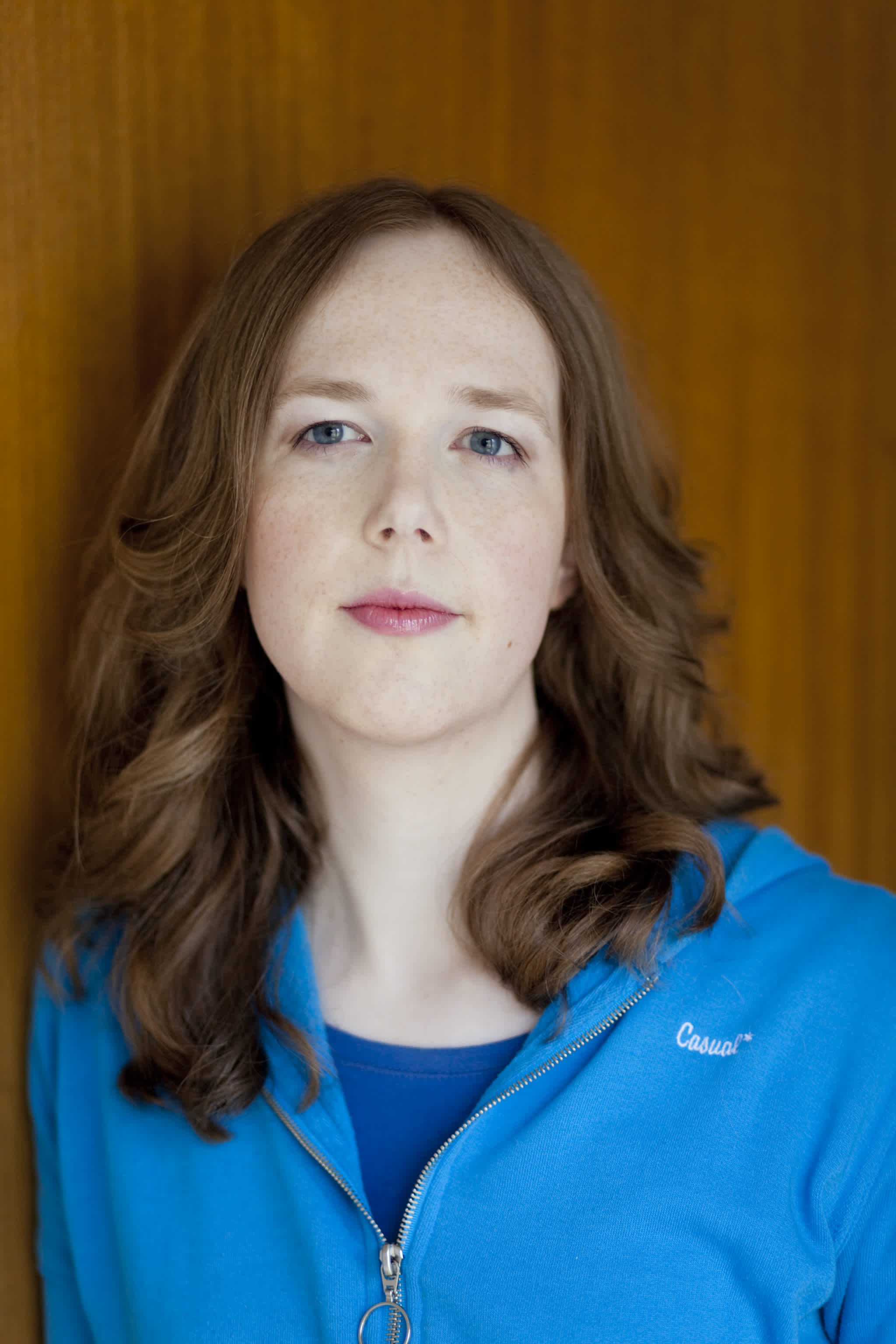Illustration by Marta Pucci
What puberty is like as an intersex person

My puberty made very little sense. My parents told me I was male, and my body prior to puberty looked like that of a boy. I was expecting secondary male characteristics, like changes to my voice, and body hair. None of that happened.
I had read books on puberty, and felt that I knew what to expect. Still, it was confusing to watch my classmates as they started to experience changes. The girls around me started to become women. I saw how the boys around me responded to them, wanting to be noticed and be their romantic interest. At the same time, I didn't really understand what my body was doing.
My voice broke, but only a little, and I didn’t notice much additional muscle mass. I began to develop breasts when I was about eleven years old, but that stopped after a while. Then, one morning I felt the most horrible cramping sensation in my lower abdomen.
I thought I was dying. I lay in bed waiting for the pain to go away, but it just didn’t end. My parents found me and took me to the doctor, but by the time we got there, the pain had subsided. I was accused of pretending to be in pain, to get attention. After that, whenever I felt pain or discomfort in that area, I ignored it.
I spent most of my puberty believing that I must be a boy, ignoring any menstruation-like symptoms, and dismissing the breast growth as a fluke. I also ignored the fact that I didn't fit male clothing that well, as my body had developed distinct female curves. I remember buying the smallest possible male jeans, and wearing a belt all the time.
I began to think I was transgender, although I had not yet picked a gender preference. I still felt like a child. Looking back now, I see I would have preferred a female gender role.
It wasn't until many years later that I learned the term “intersex”
When I got my first MRI (Magnetic Resonance Imaging) at the age of 24, I learned that I have both male and female genitals—in addition to an otherwise feminine body. Suddenly so much made sense.
Now I know why I was in pain that morning many years ago—it was my first period.
I was born with a sealed-off vagina, meaning that the period blood could not flow out of my body. As there was no visible bleeding, no one knew what was going on.
My body didn't produce much in terms of either male, or female hormones. I had been taking artificial hormones (estradiol, and a testosterone blocker) for a few years, based on my own research, as no doctor initially wanted to prescribe them to me. Then suddenly, at the age of 31, my body began to produce its own female hormones, during what I’d describe as a second puberty.
It was like being fifteen all over again, but properly this time. My entire body was changing. My monthly pains increased, and my breasts grew significantly.
It is a lonely kind of existence in many ways. Not only does one have to live with a body that's so uniquely different, it also makes for a very confusing puberty. Right at the time when everything changes, you're supposed to be figuring out who and what you are, or want to become.
I'm now at a point where I have an idea which reproductive organs I have and how they probably function. I can more or less track the different phases of my cycle—like my period and PMS. My menstruation fluids have nowhere to go, as my vagina is still closed off.
The unfortunate reality is that being an intersex person is a very rare condition and finding medical help with it is even harder. [Editor’s note: To learn more about intersex conditions visit the Intersex Society of North America or the World Health Organization.]
I have spent nearly fifteen years of my life trying to get basic information about how my body is put together, with doctors giving me conflicting answers. Some insist that I’m just a regular male, others insist I must be transgender. Some see a vagina and other organs on scans, whereas others insist that there’s nothing to be seen. It’s almost impossible to get any help, when doctors cannot even agree on what your body looks like on the inside.
Looking back now, learning that “intersex” exists was a big turning point for me. It allowed me to finally make sense of what was going on with my body. It helped me to accept that my body has been mostly that of a woman all along. It led to me getting surgery, to remove non-functioning testicles. This was important, because to be allowed to assume a female identity in the Netherlands, one has to be proven to be infertile as a male.
The only thing I’m missing now is a friendly gynaecologist to guide me. I’m looking for someone who can help me make sense of my remaining questions. I want to find out more about reconstructive surgery, and about opening the vagina to lessen my monthly discomfort. It is so incredibly hard to get access to these things, and so much of what I am dealing with is a first for the medical professionals I encounter.
At this point my wish is for acceptance and help, not only for myself, but for everyone who finds themselves in a similar situation. All I can do is to keep trying to find help, while informing all of those who are willing to listen. Hopefully this can help others feel less lonely than I did.
Download Clue to learn about your cycle.